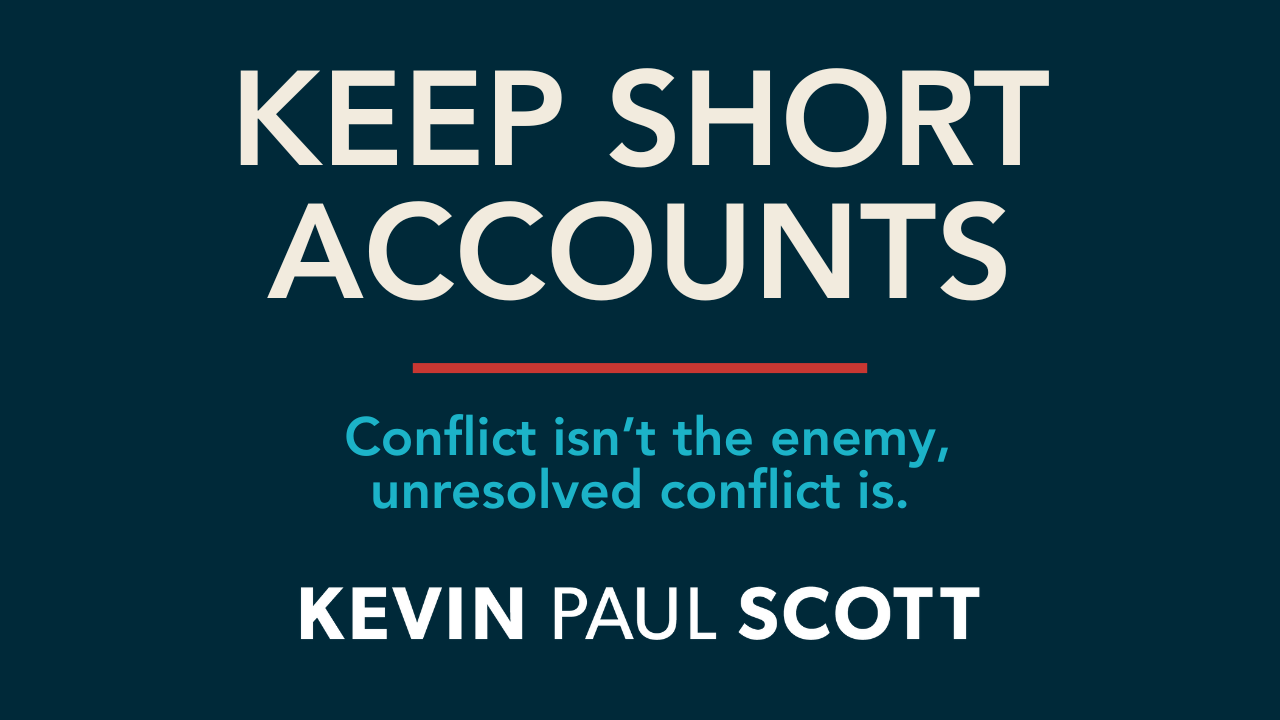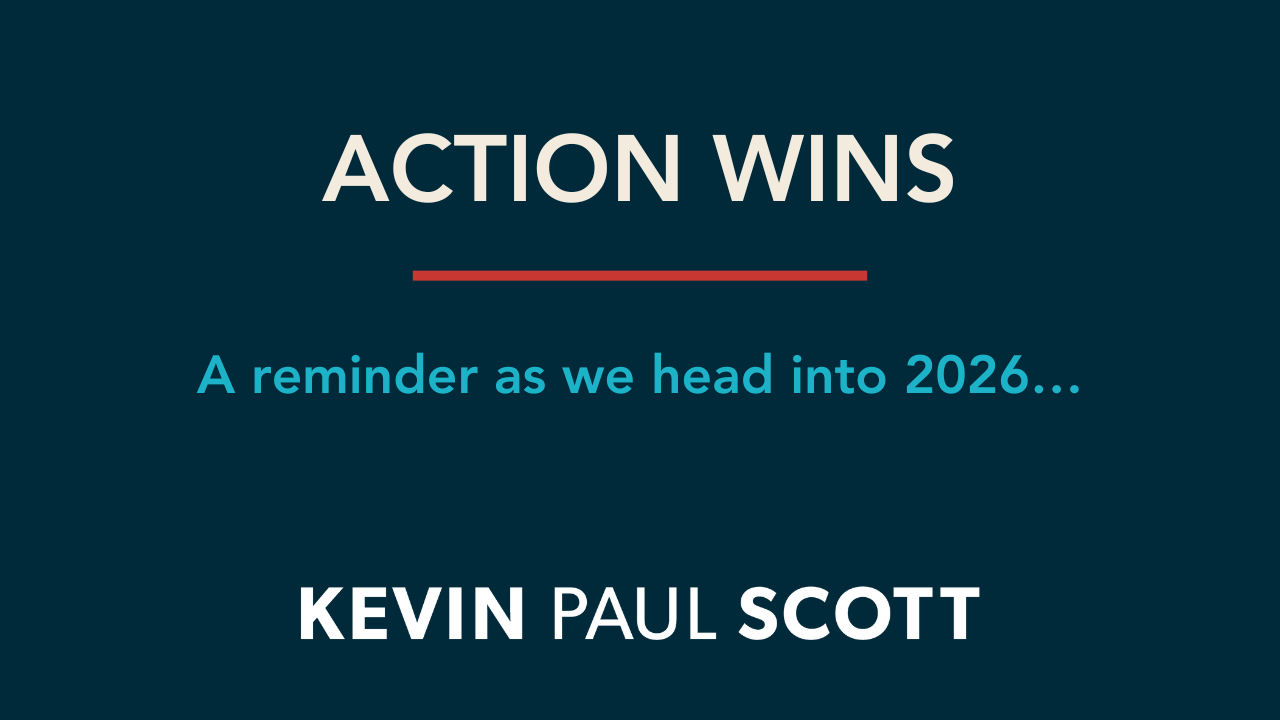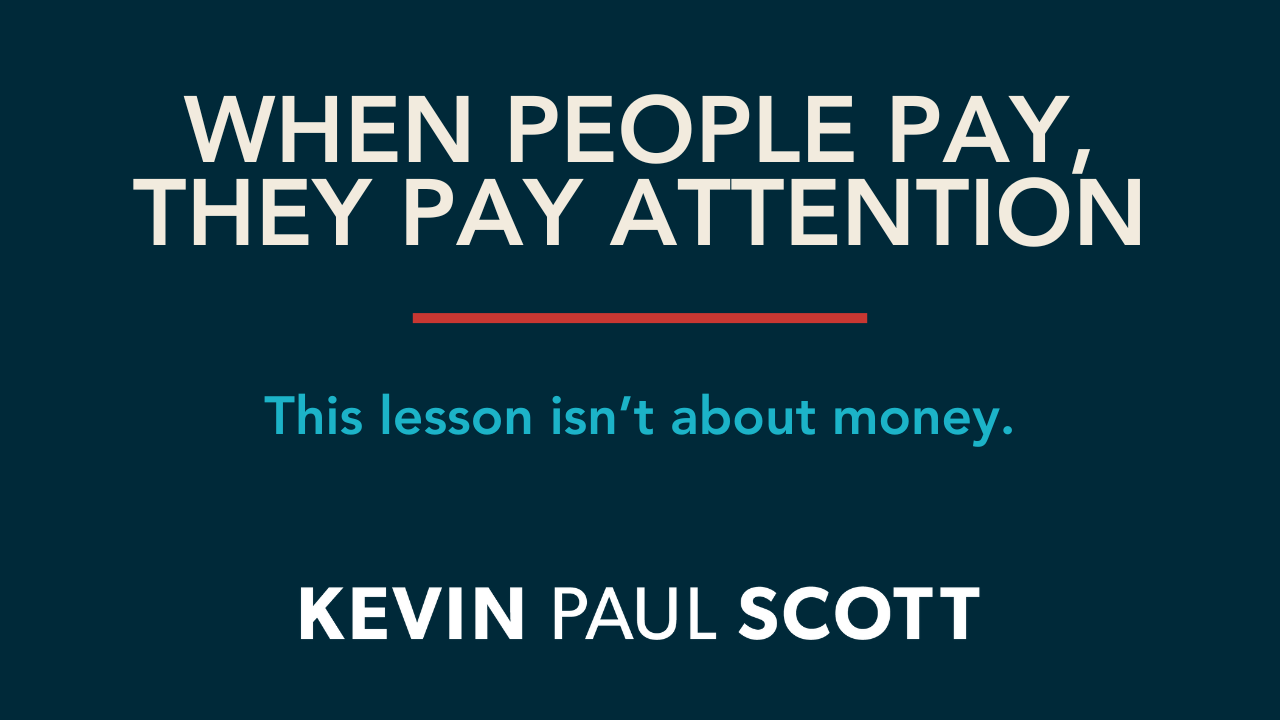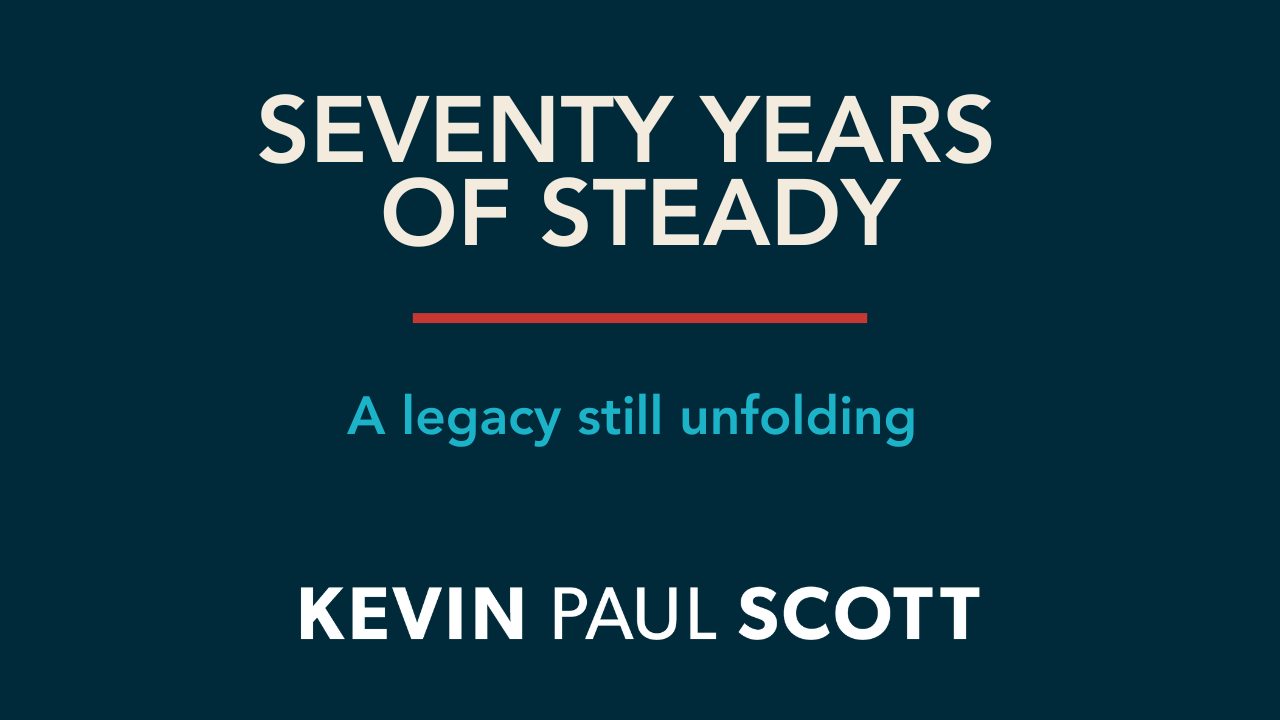When you’re working with high-capacity people—big thinkers with strong opinions and serious drive—there’s one guarantee: tension is coming.
And that’s not a bad thing.
In fact, if there's never any friction, you might not be dreaming big enough. High performers are wired to push boundaries, challenge assumptions, and move fast. That kind of energy creates heat and sometimes, sparks.
But here’s the key: conflict isn’t the enemy, unresolved conflict is.
So we must keep short accounts.
Keeping short accounts means we don’t let small issues become big problems. We don’t let a moment of miscommunication turn into months of mistrust. We deal with things early, while they’re still manageable.
Think of it like this: a short account is easy to settle. A long one starts collecting interest.
This doesn’t mean we’re nitpicking every disagreement. It means we’re choosing courage over comfort. We’re refusing to let tension silently tear at the fabric of the team.
And healthy conflict builds stronger teams.
When strong leaders work together, there will be disagreements. That’s not dysfunction—that’s a sign people care. If no one is ever pushing back, someone’s playing it too safe.
The goal isn’t to keep peace, it’s to make progress.
And sometimes, progress requires a little pressure.
The healthiest teams and relationships don’t avoid conflict; they know how to move through it.
Keeping short accounts means:
- We don’t let silence speak louder than the truth.
- We don’t let pride keep us from reaching out.
- We don’t let offense outrun reconciliation.
Don’t Let the Sun Set on a Storm
Ephesians 4:26 reminds us, “Do not let the sun go down while you are still angry.” That’s not just spiritual wisdom, it’s a leadership strategy.
The longer you wait to address the issue, the heavier it becomes. Time doesn’t always heal; sometimes it hardens.
You can’t build a strong team without strong conversations.
So here’s the challenge:
Talk sooner. Apologize quicker. Forgive faster.
Keep the account short and keep the trust strong.
Because the most successful teams aren’t the ones with no tension.
They’re the ones who know how to deal with it together.


.svg)







